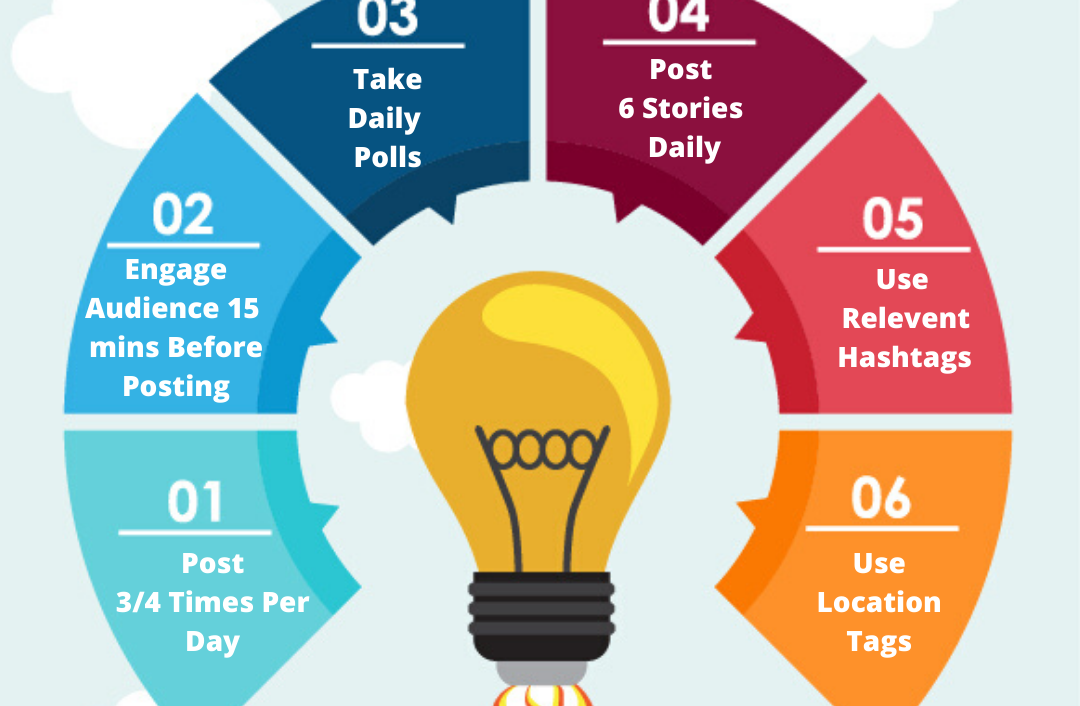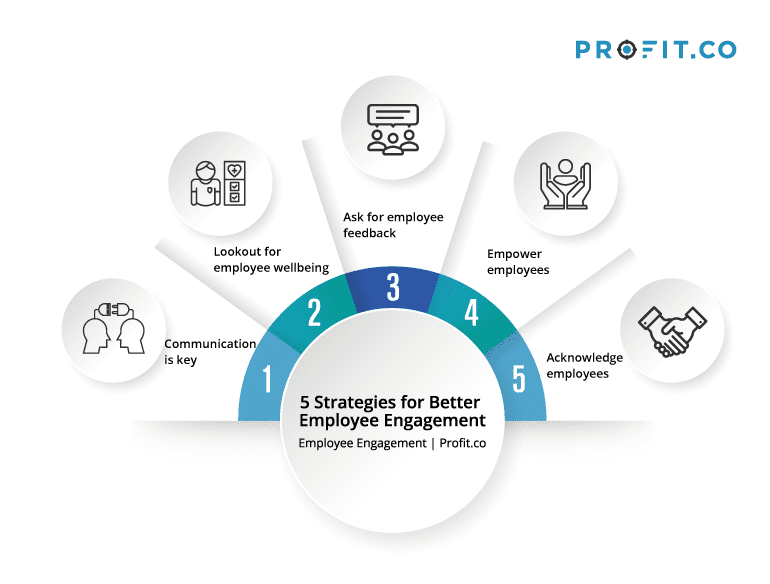Effective Search Advertising on Google for Maximum Reach
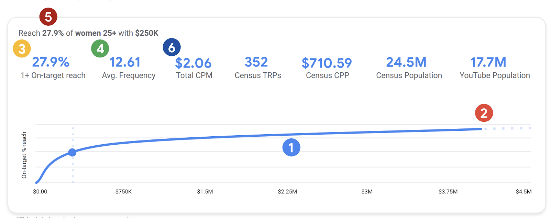
Google Search Advertising, also known as Google Ads, is a powerful tool for businesses to increase visibility, drive traffic, and generate leads or sales. By placing targeted ads in Google search results, businesses can connect with potential customers who are actively searching for products or services related to their offerings.
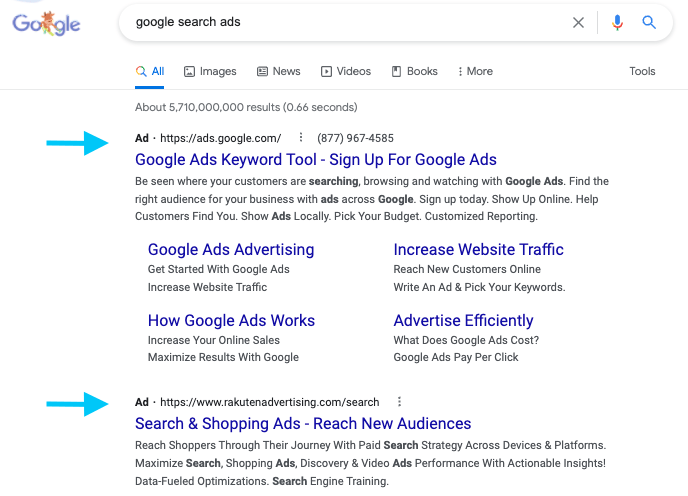
1. Define Your Target Audience
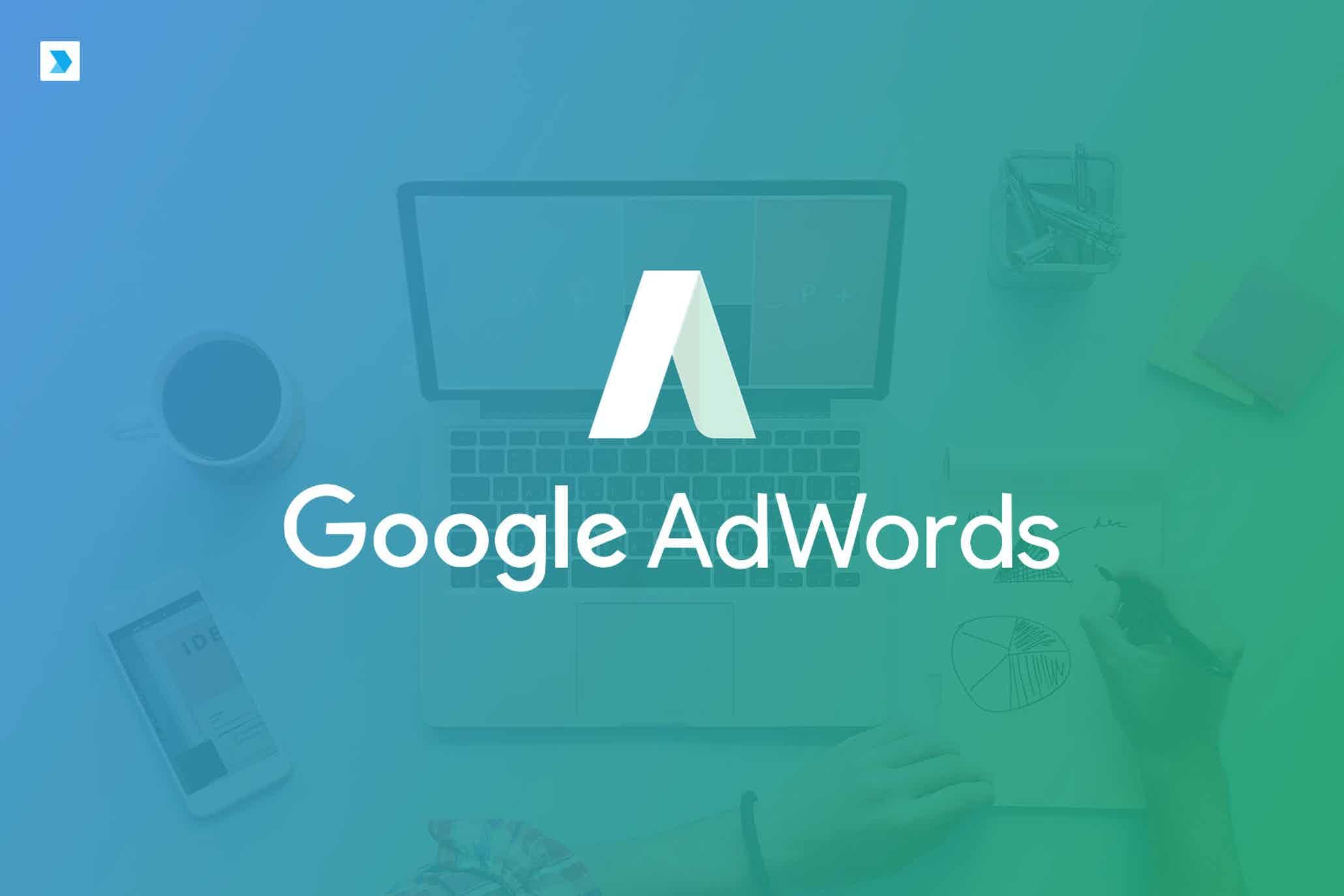
The first step in effective search advertising is to define your target audience. Consider your customer demographics, interests, and search behaviors. Use Google’s Audience Insights tool to research and understand your target audience’s online habits.
2. Conduct Keyword Research
Identify relevant keywords that potential customers might search for. Use Google’s Keyword Planner and other keyword research tools to discover high-volume keywords with low competition. Long-tail keywords (phrases consisting of three or more words) can be more specific and less competitive than short-tail keywords.
3. Create Compelling Ad Copy
Write clear, concise ad copy that highlights the benefits and value of your product or service. Emphasize your unique selling propositions and use call-to-actions (CTAs) to encourage clicks. A/B test different ad copy variations to determine what resonates best with your audience.
4. Set Up Ad Groups and Campaigns
Organize your ads into logical groups based on specific keywords, themes, or customer personas. Create separate campaigns for different products, services, or target audiences. This allows you to tailor your advertising efforts and optimize them for maximum relevance.
5. Determine Your Budget and Bidding Strategy
Establish a realistic advertising budget and choose an appropriate bidding strategy. Google offers various bidding options, such as cost-per-click (CPC), cost-per-thousand-impressions (CPM), and target CPA (cost-per-acquisition). Research different strategies and select the one that best aligns with your business goals.
6. Optimize Your Landing Pages
Ensure that the landing pages associated with your ads provide a seamless user experience. They should be relevant to the ad, load quickly, and be optimized for conversion. Include clear CTAs, highlight the value proposition, and minimize distractions.
7. Monitor and Adjust Your Campaigns
Regularly track your campaign performance through Google Analytics or Google Ads reporting. Analyze key metrics such as clicks, conversions, and cost-per-acquisition. Make adjustments to your ad copy, keywords, or bidding strategies based on the data to improve results.
By following these steps, businesses can effectively use Google Search Advertising to reach a wider audience, generate more qualified leads, and achieve their business objectives. With ongoing optimization and data-driven decision-making, businesses can maximize their search advertising investments and gain a competitive edge in the digital landscape.## Effective Search Advertising on Google for Maximum Reach
Executive Summary
Recent years have shown a significant transition in the way people search for information online. Search engine optimization (SEO) used to be the primary focus for businesses looking to increase website traffic. In today’s marketplace, search advertising has become increasingly important to ensure and maintain brand visibility on the internet. The purpose of this article is to help businesses understand the importance of effective search advertising on Google for maximizing their reach and achieving their online marketing goals.
Introduction
Search advertising, also known as pay-per-click (PPC) advertising, is a form of online marketing that allows businesses to place ads on search engine results pages (SERPs). When people search for keywords related to a business’s products or services, the business’s ad can appear at the top of the search results. This gives businesses a valuable opportunity to reach potential customers who are already interested in their offerings.
The Importance of Search Advertising on Google
Google is the most popular search engine in the world, with a market share of over 92%. This means that the vast majority of people who are searching for information online are using Google. As a result, Google is also the most important platform for search advertising.
There are a number of reasons why search advertising on Google is so important for businesses. First, it is a highly targeted form of advertising. When people search for keywords related to your business, you can be sure that they are interested in your products or services. This makes it more likely that they will click on your ad and visit your website.
Second, search advertising is a very effective way to generate leads and sales. According to Google, businesses that use search advertising see an average return on investment (ROI) of $2 for every $1 spent. This makes search advertising one of the most cost-effective ways to reach potential customers.
Third, search advertising is a very flexible form of advertising. You can set your own budget, target your ads to specific keywords, and track your results in real time. This gives you complete control over your advertising campaigns and allows you to make adjustments as needed.
The 5 Essential Elements of Effective Search Advertising on Google
There are 5 essential elements that you need to focus on to ensure that your search advertising campaigns are successful and guarantee maximum reach.
Keyword Research
The first step to effective search advertising is to conduct thorough keyword research. This involves identifying the keywords that your potential customers are using to search for products or services like yours. Once you have identified a list of relevant keywords, you need to prioritize them based on search volume, competition, and relevance to your business.
Ad Copy
The ad copy is the text that appears in your search ad. It is critical that you write ad copy that is compelling, relevant, and persuasive. The best ad copy will clearly communicate the benefits of your product or service, and it will include a call to action that encourages the user to click on your ad.
Landing Page
The landing page is the page on your website that people will land on after clicking on your ad. The landing page should be designed to encourage the user to take the desired action, such as making a purchase or signing up for a newsletter.
Targeting
Targeting allows you to control who sees your ads. You can target your ads based on a number of factors, such as location, demographics, and interests. This ensures that your ads are only being shown to people who are likely to be interested in your products or services.
Tracking and Optimization
It is important to track the results of your search advertising campaigns and make adjustments as needed. This will help you to improve your results and maximize your ROI.
Conclusion
Search advertising is a powerful tool that can help businesses of all sizes reach their target audience and achieve their online marketing goals. By following the tips outlined in this article, you can create effective search advertising campaigns that will help you to generate leads, sales, and grow your business.
Relevant Keyword Tags
- Search advertising
- Google AdWords
- PPC advertising
- Keyword research
- Ad copy
Frequently Asked Questions
What are search ads?
Search ads are text ads that appear in search engine results pages (SERPs) when people search for keywords related to your business.
How much does it cost to run search ads?
The cost of search ads varies depending on the keywords you are targeting, the competition for those keywords, and your budget.
How do I track the results of my search advertising campaigns?
You can track the results of your search advertising campaigns using Google Analytics or other third-party tracking tools.
How do I improve the quality of my search ads?
You can improve the quality of your search ads by using relevant keywords, writing compelling ad copy, and optimizing your landing page.
What are the best practices for search advertising?
The best practices for search advertising include conducting thorough keyword research, writing compelling ad copy, optimizing your landing page, targeting your ads, and tracking your results.

